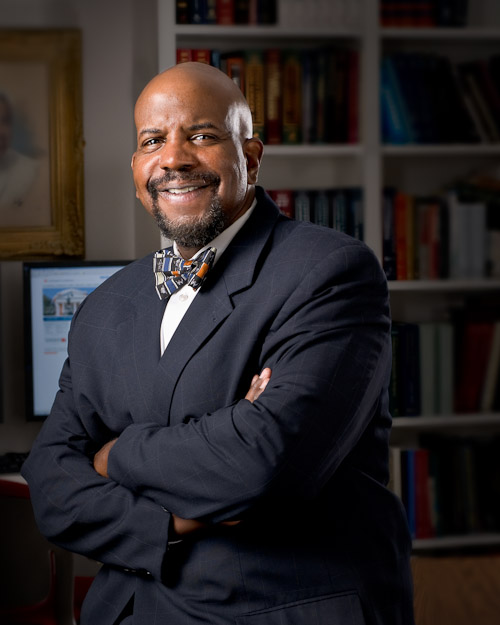The University of Texas MD Anderson Cancer Center has announced Dr. Cato T. Laurencin as the recipient of the 2020 Mike Hogg Award and Lecture, the institution’s most prestigious award that is granted to practicing scientists and physicians who have made and continue to make exceptional transformative contributions to the field of biomedical research.
Since the inaugural lecture in 1959, it has been awarded to 40 Nobel laureates and 13 Lasker Award winners. Laurencin’s lecture, titled “Regenerative Engineering: A Convergence Approach for Addressing Grand Challenges,” will be delivered virtually.
Laurencin’s work in medicine, engineering, science, and technology has been recognized in a number of ways. In medicine, he is an elected member of the National Academy of Medicine and received the Walsh McDermott Medal. In engineering, he is an elected member of the National Academy of Engineering and received the Simon Ramo Founders Award. In science, Laurencin is a Fellow of the American Association for the Advancement of Science and received the Philip Hauge Abelson Prize “for signal contributions to the advancement of science in the United States.” In technology, Laurencin is a fellow of the National Academy of Inventors and received the National Medal of Technology and Innovation, the highest honor bestowed in America for technological achievement, from President Barack Obama in ceremonies at the White House.
The founder of the field of regenerative engineering, Laurencin’s new work focuses on the convergence of advanced materials science including nanotechnology, biophysics, medicine, and developmental biology. At the University of Connecticut, he leads the Hartford Engineering a Limb (HEAL) project, aimed at regenerating a limb by 2030. The National Institutes of Health and the National Science Foundation currently fund his research work. He is the recipient of both the NIH Director’s Pioneer Grant Award and the NSF Emerging Frontiers in Research and Innovation Grant Award.
In materials science, Laurencin is a pioneer in polymeric materials science for musculoskeletal systems. He produced seminal research work and discoveries in patents and papers on polymeric nanofiber technology, ushering in the field of nanomaterials for tissue regeneration. His work in published papers and patents focusing on polymer-ceramic systems inspired the development of biocomposite materials including interference screws for which he was named “One of the 100 Engineers of the Modern Era” by the American Institute of Chemical Engineers at their centennial celebration. Fundamental research on polymeric fiber systems for soft tissue regeneration has led to a number of soft tissue regenerative systems including the Laurencin-Copper (LC) bioengineered anterior cruciate ligament, now in humans. His work on engineered materials for soft tissue regeneration was highlighted by National Geographic Magazine in its “100 Scientific Discoveries that Changed the World” edition. He has worked with industry on the development and understanding of systems combining polymeric materials and allograft human tissue, creating technologies helping patients throughout the world.
Laurencin is a designated University Professor at the University of Connecticut, one of only two currently at the school. He serves as the CEO of The Connecticut Convergence Institute for Translation in Regenerative Engineering. He is the Albert and Wilda Van Dusen Distinguished Endowed Professor of Orthopaedic Surgery, professor of chemical engineering, materials sciences, and biomedical engineering. He is a core faculty member of the Africana Studies Institute at the University of Connecticut.
Laurencin received his B.S.E in chemical engineering from Princeton University, and his M.D., magna cum laude, from the Harvard Medical School, receiving the Robinson Award for Surgery from National Medical Fellowships. He received his Ph.D. in biochemical engineering/biotechnology from the Massachusetts Institute of Technology where he was named a Hugh Hampton Young Fellow.



